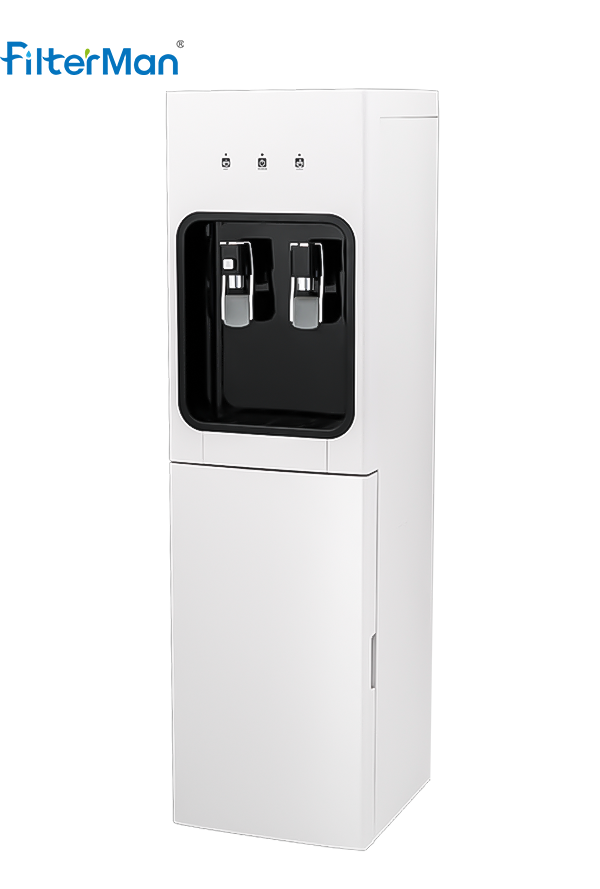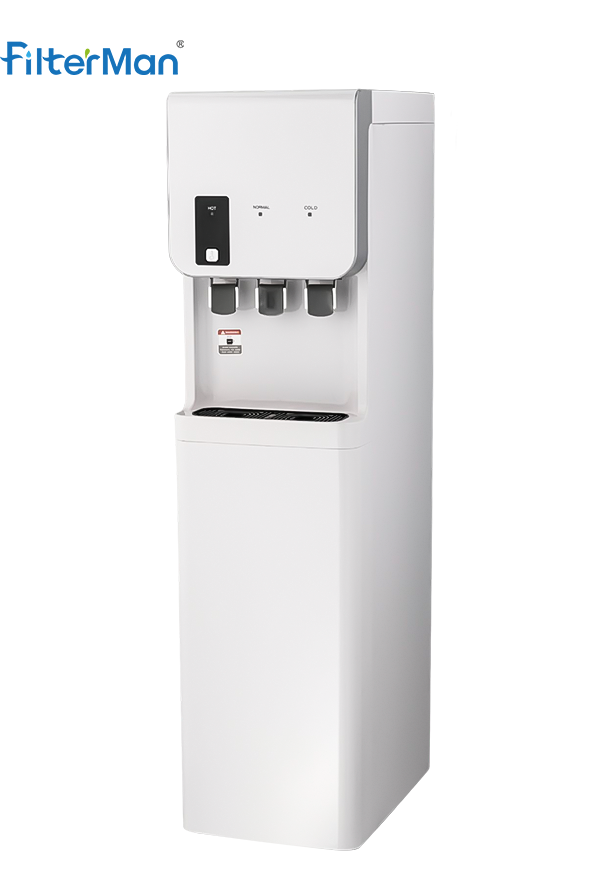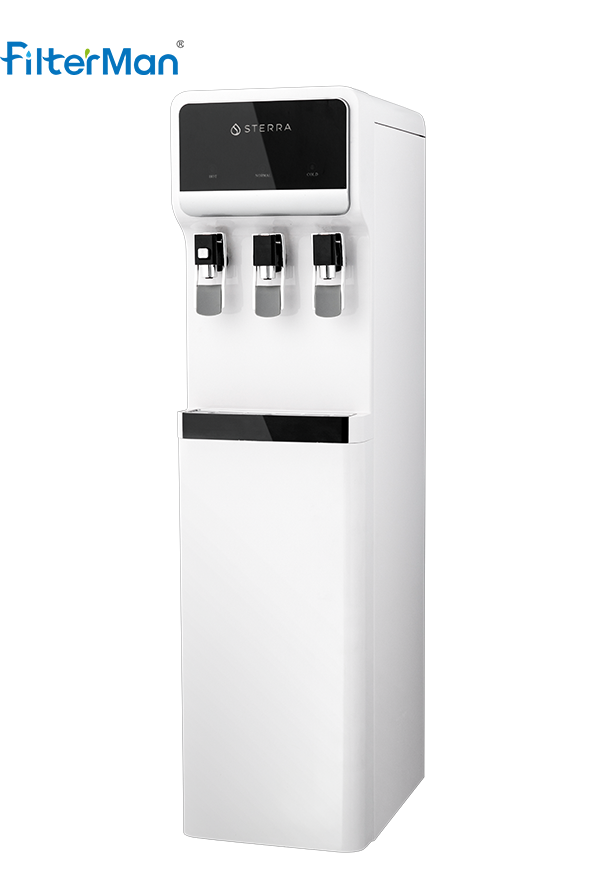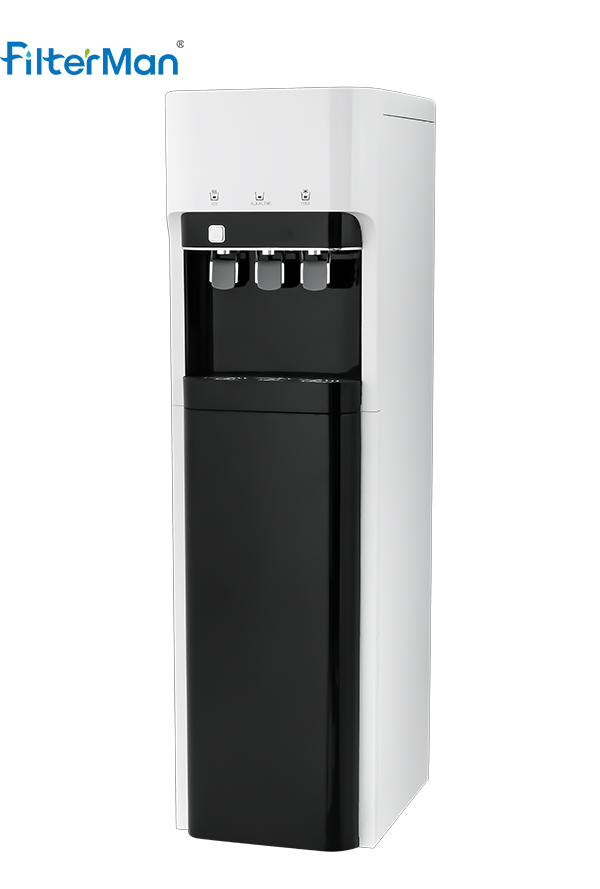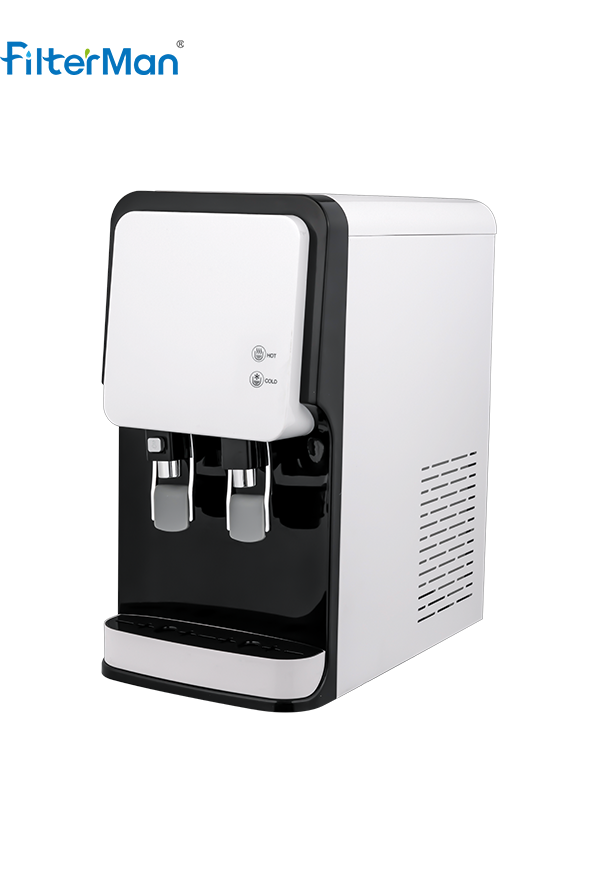Access to clean and pure drinking water is a fundamental human right, and freestanding water filter dispensers are playing a pivotal role in improving public hydration in various settings. From schools and offices to gyms and public spaces, these innovative devices are transforming the way we think about water accessibility. Here's how freestanding water filter dispensers are making a difference and enhancing public hydration:
1. Encouraging Healthy Hydration Habits: Freestanding water filter dispensers are strategically placed in high-traffic areas, promoting a culture of healthy hydration. They serve as a constant reminder for people to drink more water throughout the day, contributing to improved overall health.
2. Reducing Plastic Waste: Public spaces often generate a significant amount of plastic bottle waste. Freestanding water filter dispensers help address this issue by providing a sustainable alternative to bottled water. This reduces the environmental impact of plastic pollution and supports eco-friendly initiatives.
3. Cost Savings for Institutions: Institutions and organizations that install freestanding water filter dispensers can benefit from significant cost savings. By eliminating the need to purchase and store bottled water, they can redirect resources towards more critical priorities.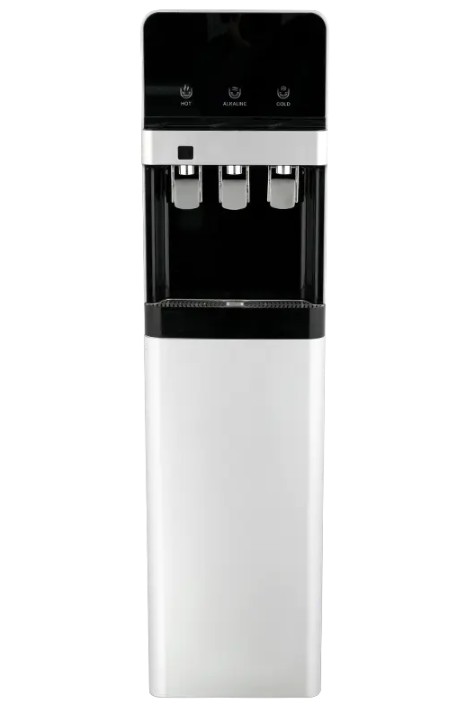
4. Accessible to All: These dispensers are designed with inclusivity in mind. They offer easy access to water for people of all ages and abilities, including those with disabilities. The push-button controls and convenient spout placement ensure that everyone can enjoy a drink without barriers.
5. Health and Wellness Promotion: Clean and filtered water supports public health by reducing the risk of waterborne illnesses. Freestanding water filter dispensers remove harmful contaminants, ensuring that the water provided is safe for consumption.
6. Customized Hydration Options: These dispensers often offer a range of water temperatures to cater to diverse preferences. Users can enjoy chilled water, room-temperature water, or hot water, making it suitable for various needs, from refreshing hydration to preparing beverages.
7. Educational Value: In schools and educational institutions, freestanding water filter dispensers serve as educational tools. They can be used to teach students about the importance of staying hydrated and the benefits of choosing tap water over bottled water.
8. Positive Public Image: Public spaces that provide clean and accessible water demonstrate a commitment to the well-being of their visitors. This contributes to a positive public image and fosters goodwill within the community.
9. Maintenance and Sustainability: Many freestanding water filter dispensers are designed for easy maintenance, ensuring that they remain functional and hygienic. Some models also incorporate sustainability features, such as energy-efficient components and water-saving mechanisms.
10. Versatile Placement: These dispensers can be installed in a variety of public settings, including parks, airports, gyms, community centers, and office buildings, ensuring that clean water is readily available where it's needed most.
In summary, freestanding water filter dispensers are catalysts for improving public hydration. They not only provide convenient access to clean and safe drinking water but also contribute to sustainability efforts and promote healthier lifestyles. As more institutions and public spaces recognize the benefits of these devices, they are taking significant steps toward a more hydrated, healthier, and environmentally conscious future.

 English
English 简体中文
简体中文
 English
English